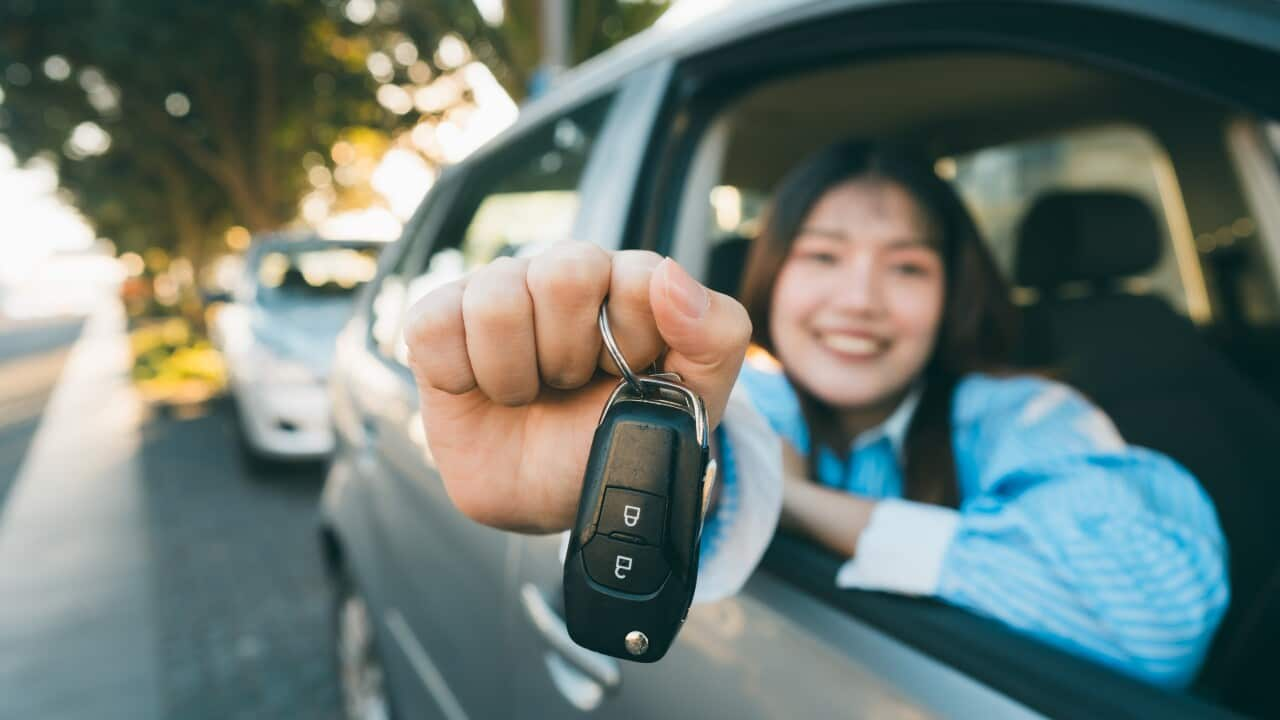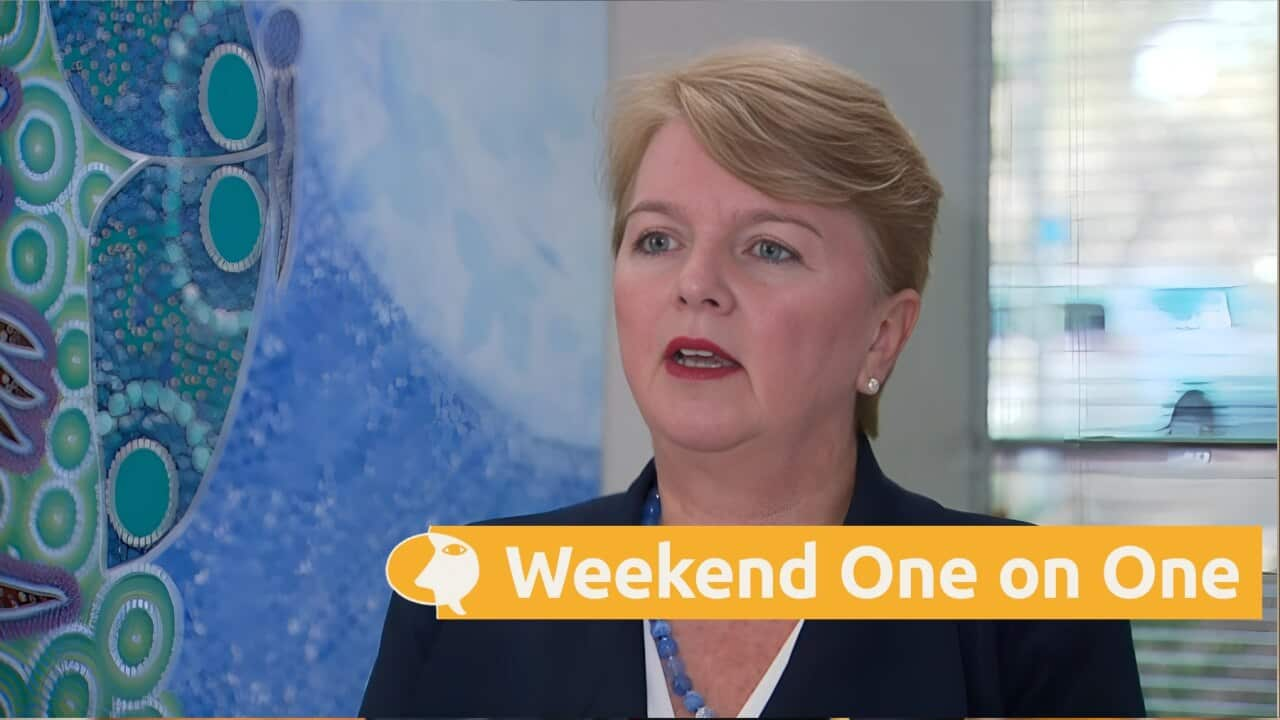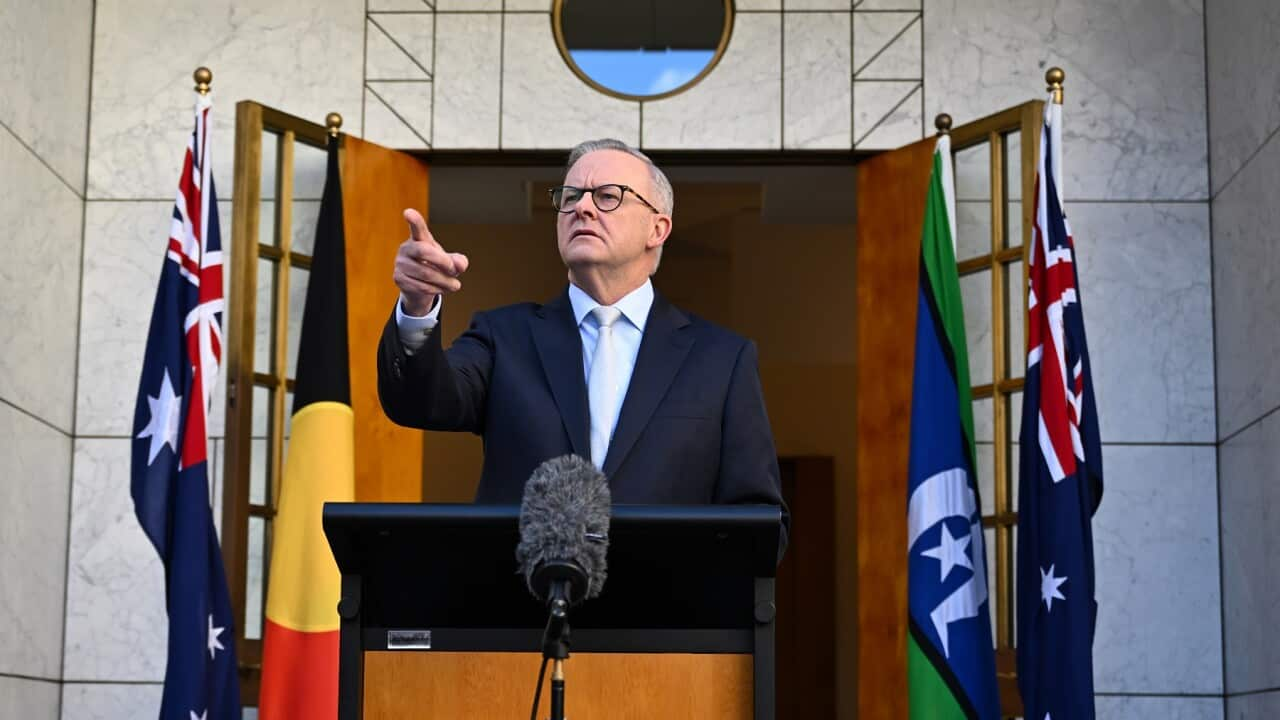TRANSCRIPT
From smart phones, to smart homes and, according to this Hyundai promotional video...
"Now even the cars we drive."
Technology in a competitive market is evolving to provide the best user experience.
In the car industry, the most desired experience is where safety and connectivity intersect – with features like microphones, sensors and internet connection being the hallmark of a quality product.
But some are concerned these features have effectively turned some cars into data-harvesting machines, now raising questions about who else has access to the information that technology collects.
Consumer group Choice contacted the 10 top selling car brands in Australia and studied their privacy policies.
CEO Jarni Blakkarly says it found seven of those companies were tracking some level of driver data – and sharing it with third parties.
"We're not suggesting that what any of these companies is doing is illegal but it is deeply concerning. Australia's privacy act was last updated in the 1980's and it's incredibly out of date. These companies can write their own rules and do what they want in these incredibly long privacy policies. We think there needs to be a fair and reasonable use test (for the data) put into the privacy act, so that companies can't write their own rules and can't just do whatever they want with customer's data and claim that they have consent."
Communications Minister Michelle Rowland has reminded consumers to stay alert to the ways their cars, and other technology, can be harvesting personal data.
"It's not only cars, it is a number of internet connected devices that are in fact collecting a lot of data and a lot of personal information that people might not be aware of. It is an area of concern. My most excellent colleague the Attorney General is looking at this very closely in terms of the privacy act but I think that it's one in which consumers need to be vigilant as well, and to understand what products and what technologies they are using."
The type of data car manufactures are retaining varies between brands.
But as Mr Blakkarly says, Choice found some to have more concerning on-selling practices than others.
"We know that in the case of Hyundai and Kia, for example, they’re collecting your voice recognition data and they’re selling that to a third party company that trains AI software. That could be a range of purposes but that's one example of what we know is happening. For the other companies, they've written incredibly broad privacy policies that allow them to do all kinds of things – potentially sell it to insurance companies or other parties, advertisers, marketing – and really we don't know exactly what's going on."
Hyundai – which is also the parent company of Kia – declined to comment, referring SBS News to the answers it gave to Choice, which says: "Voice recognition data is collected on an aggregate and non-identifying basis".
So, while customers can delete Hyundai's Bluelink app and their account, it means they lose all in-vehicle connected features.
Tesla also collects voice and video data and shares some with third parties via an 'opt in' affirmative consent model.
But a promotional video says if data is shared, it's anonymous.
"You get to decide what data you share and when. If you decide to share, you can do so knowing that your data is not linked to you or your vehicle and that Tesla will not sell your data to anyone for any reason. You can update your preferences, request a copy of your data, or review Tesla's privacy anytime on your vehicle's touch screen or in your Tesla account."
Choice found Toyota, Ford, MG and Mazda also collect some driver data – several of the car companies pass it on or have unclear policies on its use.
In calling for legal reform, Mr Blakkarly says it doesn't have to be this way.
"In the European Union, for example, we see a lot stronger privacy protections mandated by the European Union and then we see the car companies – when they sell vehicles into the EU – they have different software, they collect different data, they share different data, because they have to oblige by those regulations. In Australia we have a weak privacy act and it doesn't have to be this way."
Mitsubishi, Subaru and Isuzu were not found to collect or share driver data in Australia.













